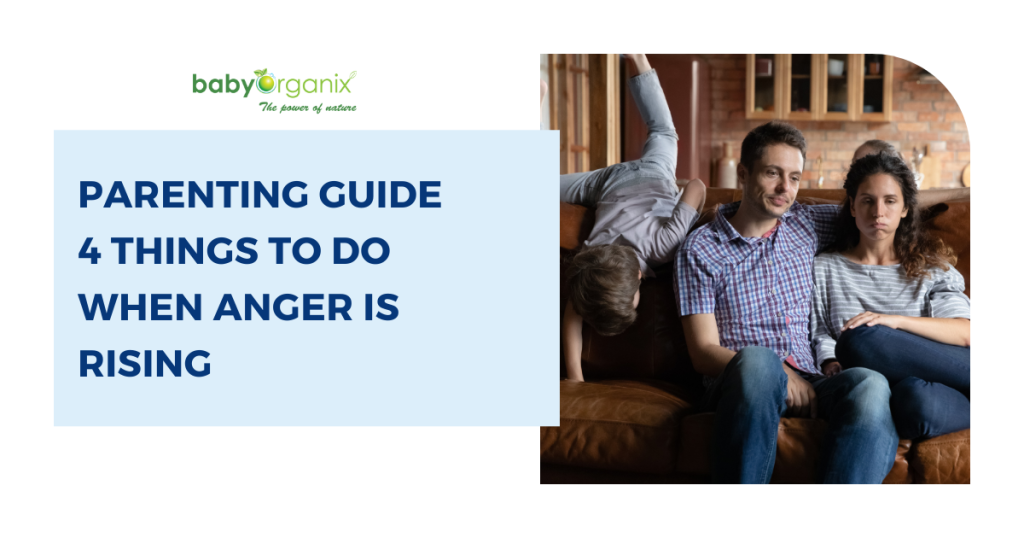Latest News
Parenting Guide | 4 Things To Do When Anger Is Rising
Being a Calm Parent in Parenting
Once we have become a parent, we finally found out the reasons for the yelling and scolding we’ve got when we were young. But behind all these emotions, we also finally realised that we did not show all of our anger to our kids. This takes a lot of patience and love to hold back ourselves even if it is for the best to our kids!
Understanding Anger
Anger is an emotion and it’s normal to be angry, but if you are a parent it’s important to control your anger. There are times where being angry can be a productive thing. Anger can give you the drive to get things done and stand up for yourself.
In the course of your life, you may have seen that anger causes so many broken relationships, hurting others and yourself. Still, by understanding anger you can develop a more positive view of this emotion. When anger is expressed in a correct way, it can actually improve a relationship and a situation.
Importance of Anger Management in Parenting
While there are many reasons for this saying, one is the way your children know how to push your buttons. Despite the unconditional love you have for them, you may be unprepared for the intensity of anger you may also experience. Raising children is a big deal. It is more important than many people think.
There are not many parenting guides out there that you can think of to help you in parenting. Most of the time, it comes down to real life experience. As a parent, you are balancing your:
- work
- family time
- household chores
- children’s activities
- social activities
- personal time and hobby
while raising a kid! Too often, parents react to their kids without thinking. Many parents believe they need to get their kids under control at once. Try this instead when you notice anger is rising, hold yourself back for a while and think of a better response instead of reaction.
The best way to prevent yourself from losing control is to understand what sets you off and to recognize when you begin to lose control. This is a critical skill for parents to have. Fortunately, it’s a skill that everyone can learn and we at BabyOrganix are sharing a few tips below!
4 Things To Do When Anger Is Rising
- Breathe – Yes, slow breathing can help to calm you down when the temperature is rising. Parenting is all about learning along the way. If there’s no physical intervention needed, just hold still and breathe deeply. Slow breathing can help you to be aware of all those sensations of anger, so you don’t go on auto-pilot and start raging.
- Don’t Give In to Tantrums – As hard as it sounds, do not give in. Accept that they are still kids. They may not have a clear understanding of how busy you were at work and what is actually happening in your life right now. Giving in may be easier in the short-term, in the long run giving in will only make behavior problems and aggression worse. Try this instead, give them a moment to calm down. Once they’re tired, you can start connecting with them.
- Awareness – Find out the signs when you’re getting angry. Take note where in your body you show your anger. For example – faster heartbeat, clenching fist/teeth, sweating and more. With practice, you will be able to notice as your irritation is rising, before you burst. If you catch your anger while it is still small and easier to manage.
- Calm Down – Together with breath awareness, you can calm down easier when you start noticing your anger signs. Although easier said than done, with time you can learn to:
- slow down your breathing
- unclench your jaw and fist
- speak more slowly
- relax your facial expression and body posture
